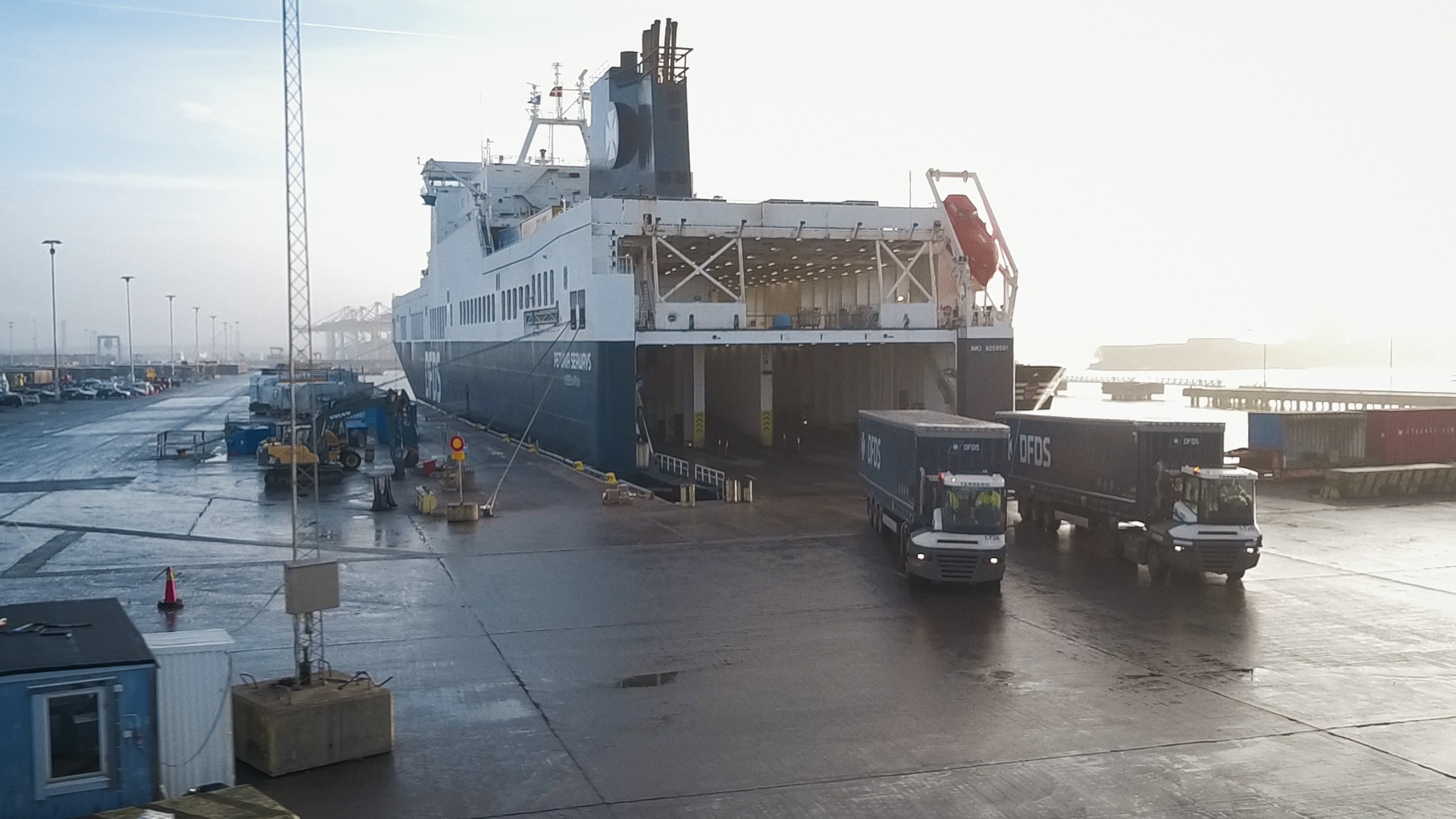MaritIme juSt in time optimiSatION – The MISSION Project
Ships hurrying up to get to the next port of arrival and terminal in time to be on top of the queue and ships queuing outside the port area due to delays in berth readiness and/or ship arrival times is a widespread problem that leads to avoidable fuel consumption and related CO2 emissions. According to a report from the International Maritime Organization, ships may spend 5-10% of their time waiting to enter a port. The unnecessary higher speed and subsequent waiting time with auxiliary engines running result in significantly increased fuel consumption causing environmental and economic challenges.
To amend this, a consortium with 30 partners of European universities, ports, shipping companies, and technology firms have joined forced to find a solution. The project is named MaritIme juSt in time optimiSatION (MISSION). With an EU grant of 7,5 million euros, the partners aim to develop, over the next 3.5 years, a new communication, and logistics platform for shipping. The platform aims to make maritime traffic more efficient and ensure that ships arrive at their destination port only when port services and a berth is available – just in time.
According to the European Commission, the shipping industry globally accounts for 3% of the world's greenhouse gas emissions. However, the need for transportation is increasing, and the maritime sector and its CO2 emissions have been among the fastest growing in recent years. This is precisely why action is needed now.
The essential part of the project is to enhance and assure timely communication and that the right information is provided to the right people to the right time in the right format – which may sound easy in our times of digitization and information sharing on mobile devices, but to distill this information is tricky as the maritime supply chain is highly complex with many stakeholders involved. The aim of the project is to provide solutions that can be integrated into existing systems and are able to calculate and provide this information based on terminology and calculation methods supported by agreed standards. This involves artificial intelligence and data science solutions, simulation studies, IT-solutions, as well as behavioral, contractual, and organizational change management. With this, we expect a realistic fuel consumption by up to 23% on the overall ship voyage and port call including the shore side.
The platform's effectiveness will also be demonstrated as part of the project. This applies for both container ships, RoRo (roll-on/roll-off) vessels, which allow direct cargo rolling, and tramp shipping, mainly consisting of tankers and bulk carriers.
